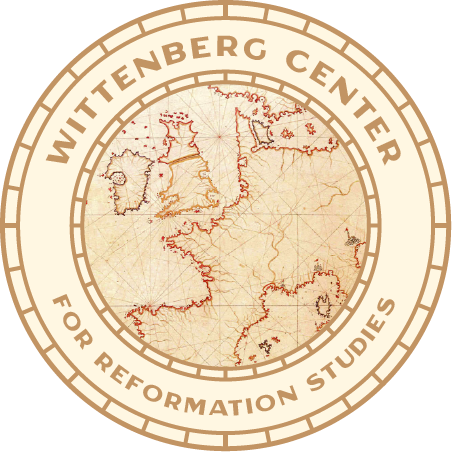For the fourth time, a group of students and faculty from Dartmouth College (Hanover, NH) traveled to Germany to explore church history. After a tour of Mainz, Fritzlar, Fulda, Eisenach, and Erfurt, the group met with the directors of the Wittenberg Center for three days of learning about the Wittenberg Reformation.
The coursework focused on the change in the understanding and practice of prayer during the Reformation. Texts by Martin Luther and Katherine Parr showed the Reformation’s new focus on the justifying God and explained how believers respond to God’s salvation through prayer and praise. In addition to visiting the Reformation sites in Wittenberg, the group traveled to Torgau to learn about Luther’s wife, Katharina, who died there, and the Torgau Castle Chapel, the first new church built in Saxony after the Reformation.


Together, the group read Luther’s sermon for the dedication of this chapel, in which Luther famously defines Christian worship as God “speak[ing] to us through his holy Word and we respond[ing] to him through prayer and praise” (LW 51:333). For Luther, not only individual prayer with its routines and its meditative deeping is important, but also the “common prayer”: “[W]hen Christians […] come together their prayers are twice as strong as otherwise. One can and one really should pray in every place and every hour; but prayer is nowhere so mighty and strong as when the whole multitude prays together” (LW 51:337-38).
In addition to visiting sites and reading texts, the group engaged personally with the directors of the Wittenberg Center and learned from Ashley Null more about the “Folly of striving for God’s approval” (this is the title of his recent book) through a performance-based identity.



